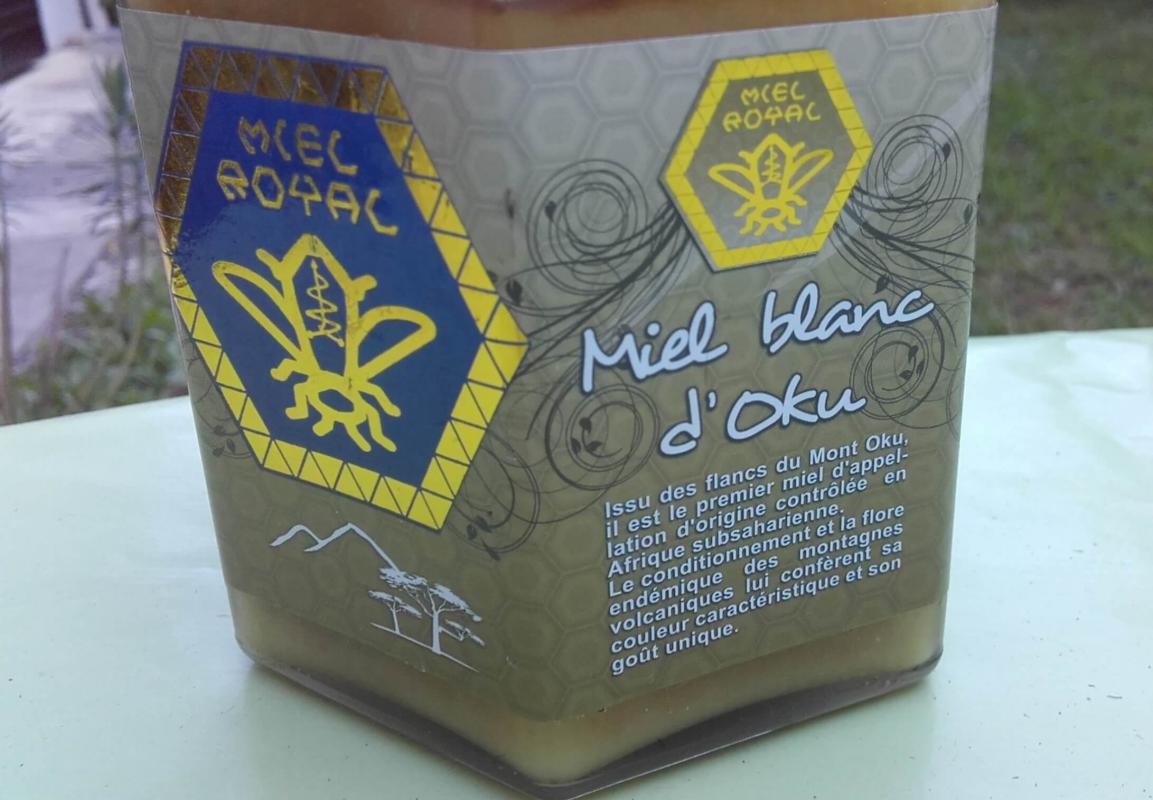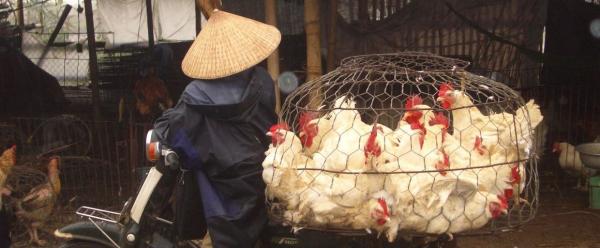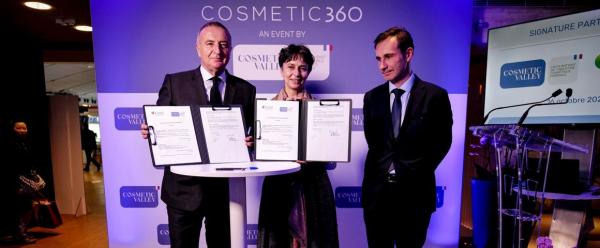Institutional news 21 January 2026
- Home
- Press area
- Press releases
- geographical indications AFD CIRAD
CIRAD and AFD launch the first fund to support geographical indications in Africa, the Caribbean and the Pacific

Oku honey (Cameroon) is an example of West African products promoted thanks to the system of geographical indications © D. Sautier, CIRAD
Geographical indications (GIs) are intended to recognize and promote local products whose quality, reputation or characteristics are fundamentally linked to their territory of origin. Penja pepper and Oku honey (Cameroon), Ziama-Macenta coffee (Guinea), sugarloaf pineapples from the Allada plateau (Benin), and Teboursouk olive oil (Tunisia) are just some examples in Africa, along with Kampot pepper (Cambodia) in Asia. GIs are both a quality process within a sector linked to a collective territorial project, and an intellectual property right recognized by the World Trade Organization (WTO).
A support mechanism for small projects
From 2021 to 2025, CIRAD will manage the “Geographical Indications Facility” set up within the framework of the French Trade Capacity Building Programme (see box). The Agence Française de Développement, the French Ministry of the Economy and Finance, and the French Ministry for Europe and Foreign Affairs will be closely involved in the management of the facility, through its steering committee and project selection committee.
The facility, with 5 million euros of funding, will provide support for “small” projects (100 000 euros) to “medium” projects (500 000 euros and exceptionally up to 1 000 000 euros) in three potentially cumulative ways:
- through aid for project design;
- through technical or scientific assistance, in particular from CIRAD and its partners;
- through direct financial support.
This budget should provide support for eight to 15 projects, for a maximum of 36 months.
The project leaders may be producer organizations, NGOs, states, intellectual property organizations, or institutions in charge of GIs. They will be supported by sponsors that may include AFD agencies, diplomatic missions, national or regional authorities in charge of GIs, or any national or international organization working to promote and develop GIs.
Legal protection for products and promotion of territories
Once recognized, the legal protection given to GIs covers products that meet the specifications – a document that includes the product description, the definition of the geographical area and the method of production – and submit to monitoring of compliance with those specifications. The value added to the product ensures remuneration for producers and for the management organizations responsible for the GI, and thus its continuity.
Recognition of a geographical indication helps to build the productive and trade capacities of countries, and strengthens their capacity for trade negotiations. This is why, along with fair trade, it is a key instrument for the new trade support phase of the French Trade Capacity Building Programme (see box).
According to Denis Sautier, a socioeconomist at CIRAD, “GIs help to boost the incomes of small-scale producers by protecting them from global price fluctuations, and have a positive impact on the development of territories and on the environment”.
The French Trade Capacity Building Programme (PRCC)
Implemented in 2002, the PRCC is the only French aid-for-trade grant programme. It is co-financed equally by the French Ministry of the Economy and Finance and the French Ministry of Europe and Foreign Affairs and implemented by AFD, and contributes to the two aid-for-trade priorities set within the WTO framework: improving the export capacities of the developing countries and in particular of the least developed countries, and building their negotiating capacity.
The first PRCC focal area for 2021-2024 is the quality process in the broad sense, which covers certification, especially fair trade and geographical indications. CIRAD will be the main contact for the implementation of operations concerning the quality process in the agricultural sector. The geographical scope of the PRCC is set globally at a minimum of 60% of its operations in LDCs, and 80% in sub-Saharan Africa. The convention between the French State and AFD on the PRCC provides that special attention shall be given to “small projects”.



























